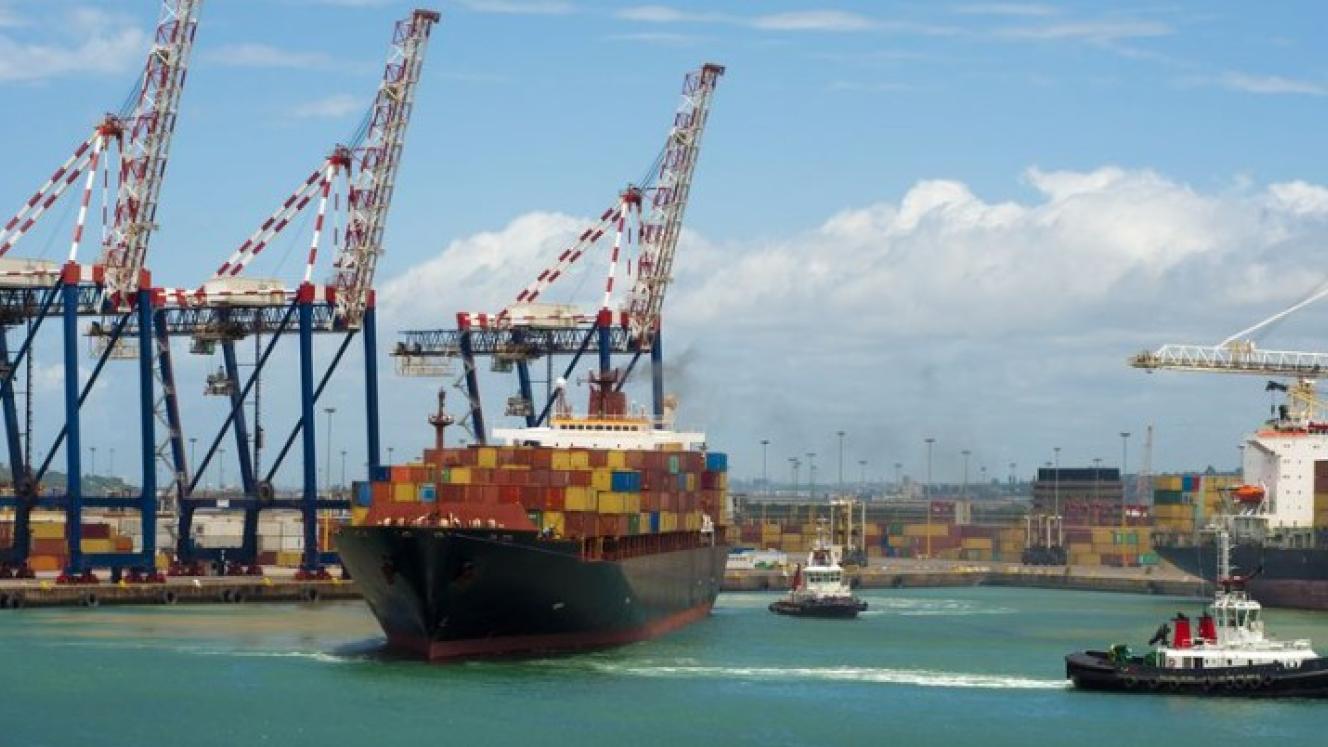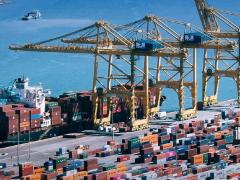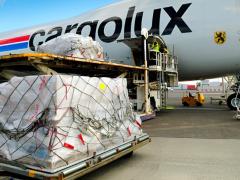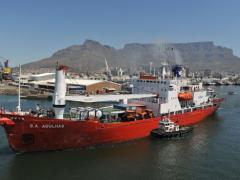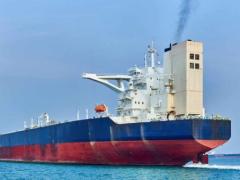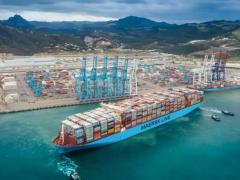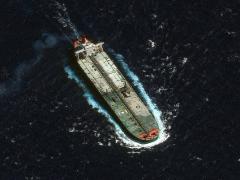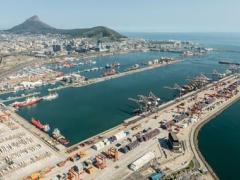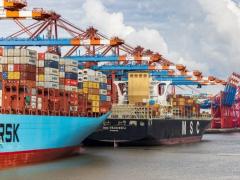Policymakers in sub-Saharan Africa have been encouraged to reduce expensive fuel subsidies and increase tax revenues, the International Monetary Fund (IMF) has told Reuters.
However, these measures may be challenging to implement as governments face difficult spending decisions due to their high levels of debt and general propensity for increasing taxes.
The region has experienced multiple economic shocks since 2020, ranging from the Covid-19 pandemic to Russia's invasion of Ukraine and rising US interest rates, placing financially strained governments burdened with debt in both political and fiscal dilemmas.
Nevertheless, the IMF's recommendations, outlined during its annual meetings last week in Marrakech, can be burdensome to execute.
Several countries, including Ghana, which defaulted on its debts last year, and Kenya, which must repay or refinance a $2-billion international bond before next June, have witnessed violent protests against possible tax increases as a result of subsidy reductions.
Meanwhile, the region's debt-to-GDP ratio, which has already doubled over the past decade to 60%, could increase by 10 percentage points over the next five years if fiscal policies remain unchanged, a recent IMF report has said.
Abebe Selassie, the Fund’s African department director, said: "We are making every effort to prevent this from becoming a period where spending on health and education is compromised.
“The danger I foresee, if the financial squeeze persists, is precisely that this would occur."
Many African governments are compelled to reduce spending at a time when the continent's growing population and climate change are increasing the demand for public funds.
Earlier this month, Kenya's cabinet directed government departments and ministries to cut 10% from their operational budgets for the fiscal year ending in June 2024.
Angola, which relies heavily on oil and has experienced lower crude production than expected, is currently undergoing a period of "extreme austerity," as stated by Finance Minister Vera Daves de Sousa.
The country suspended certain non-social expenditures two months ago, particularly on projects that are less than 80% complete.
She said: "We have to freeze some spending to ensure that we can continue servicing the debt, paying salaries and maintaining the country's functionality."
A July report from the United Nations Global Crisis Response Group revealed that interest payments for developing countries had grown faster than expenditures on health, education and investments over the past decade.
In sub-Saharan Africa, the ratio of debt interest payments to government revenues, at around 10.5%, has more than doubled over the last decade and is approximately three times that of developed nations, according to the IMF.
In numerous countries, this ratio is significantly higher. For instance, Fitch predicts it will reach 40% in Nigeria and 28% in Kenya next year.
High interest rates make refinancing debt extremely expensive for most African countries and have resulted in the depreciation of their currencies against the US dollar.
Public spending is expected to decrease in real terms over the next five years in 26 sub-Saharan African countries, according to forecasts by Oxfam International, an anti-poverty non-governmental organisation.
Anthony Kamande, Oxfam's inequality research coordinator, emphasised the importance of education, saying: "If you educate the people, you're also going to increase productivity, you're also going to increase human capital.
“But how are they going to do that if they do not have the financial means, if they are spending what little they have on debt servicing?"
Some governments are heeding the IMF's advice to reduce subsidies on fossil fuels, which the Fund claims primarily benefit wealthier individuals.
Senegal, Angola, and Nigeria are among the African nations that have commenced the process of phasing out these costly yet popular subsidies.
In Angola, the partial removal of these subsidies earlier this year led to violent protests, and the finance minister is contemplating slowing down plans to completely eliminate them by 2025.
The IMF has cautioned that if Angola does not proceed with the removal, it will have fewer financial reserves to withstand additional economic shocks, such as falling oil prices.
Zambia's finance minister, Situmbeko Musokotwane, acknowledged the necessity of making hard choices.
He said: "For us, the most important thing was to acknowledge that we have a problem."
Zambia decided to restructure its debts after defaulting in 2020, and implement economic reforms.
He added: "In order to ensure that every child can attend school, we had to eliminate fuel subsidies because we couldn't do both."

